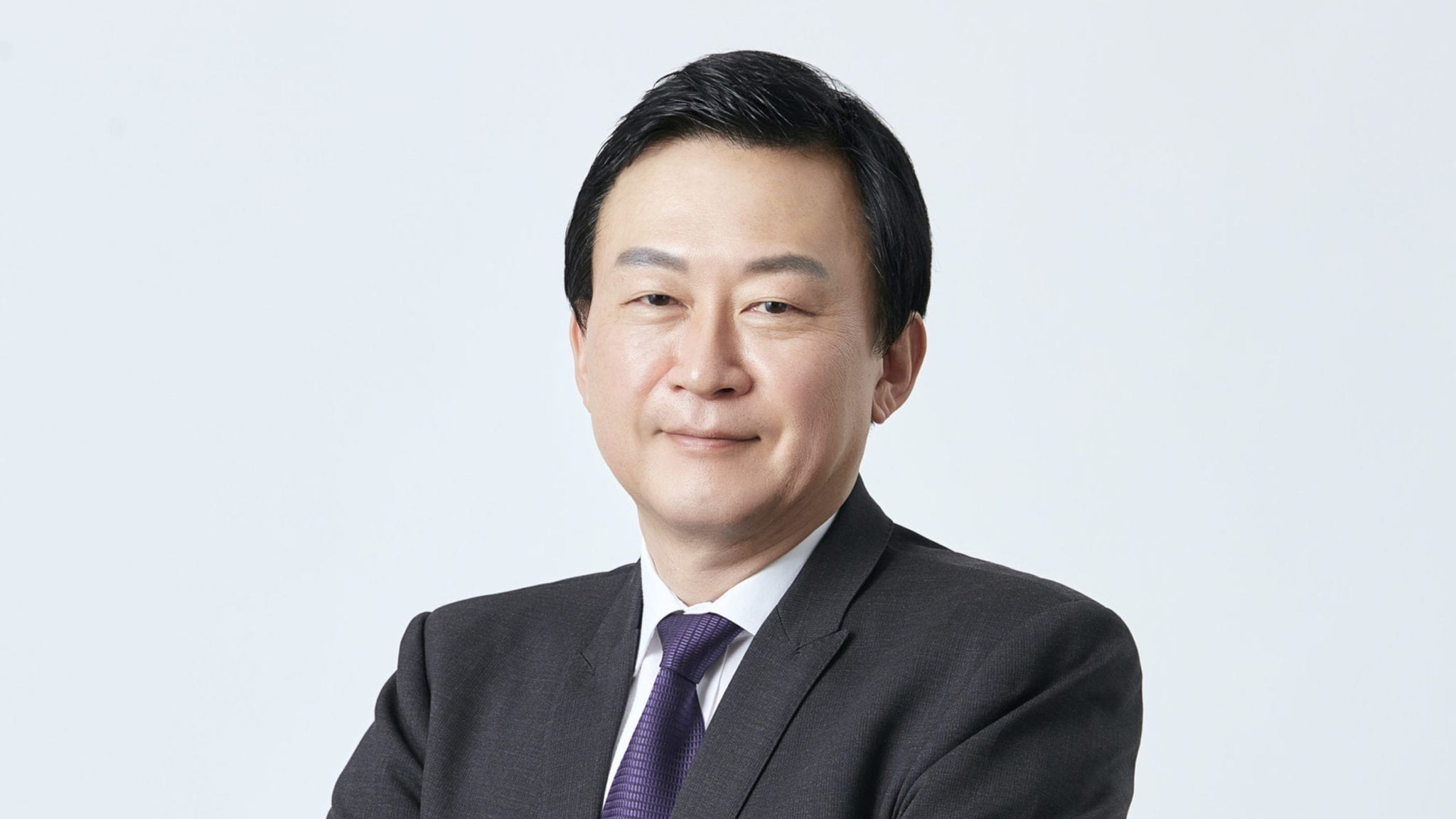
John Rim, Samsung Biologics CEO
Amidst large investment from parent company, Samsung Biologics seeks to ramp up biotech funding
During Endpoints News’ time in San Diego for #BIO22, it was hard to miss all the Samsung Biologics signs plastered alongside the highway to the …
Sign up to read this article for free.
Get free access to a limited number of articles, plus choose newsletters to get straight to your inbox.